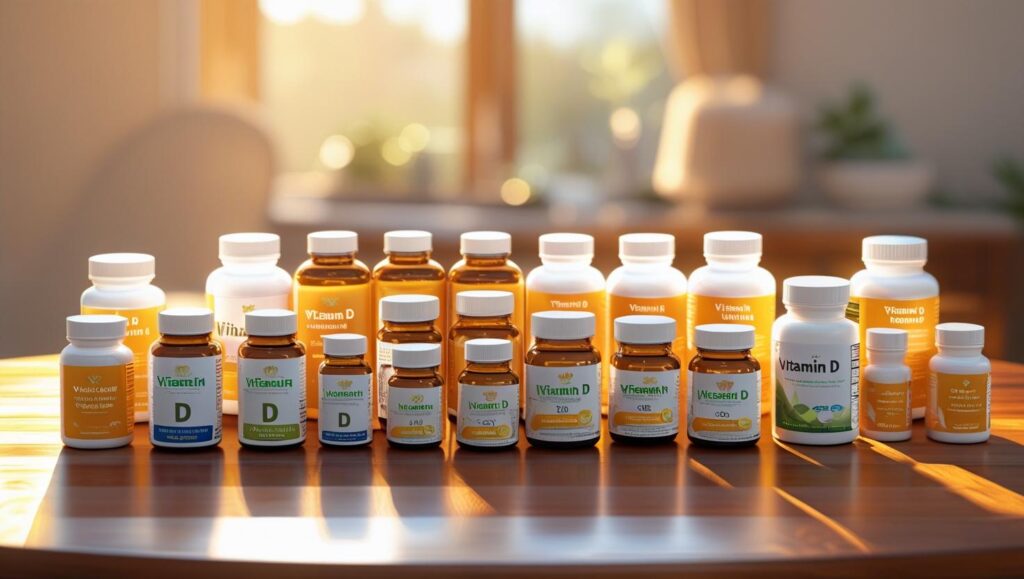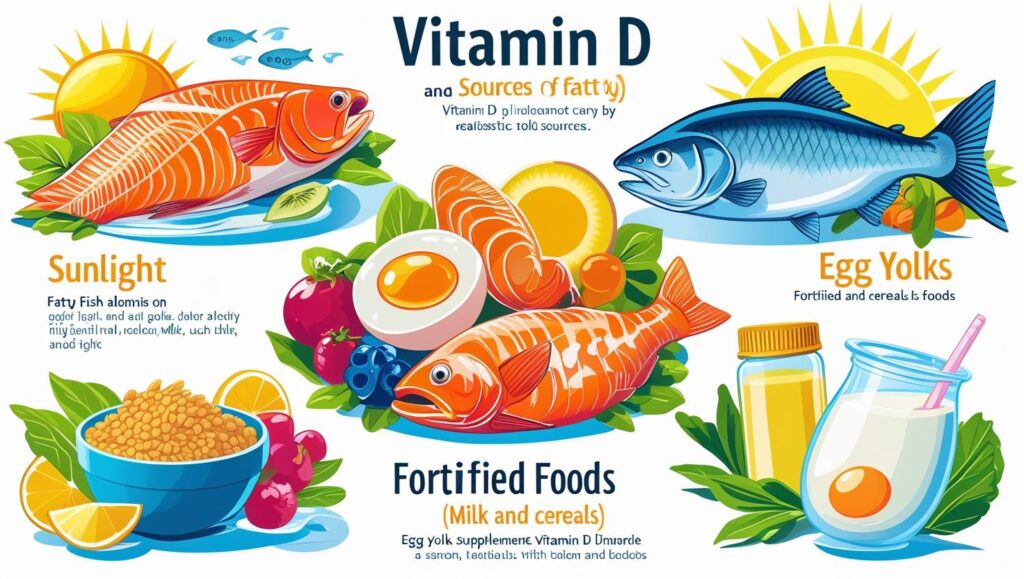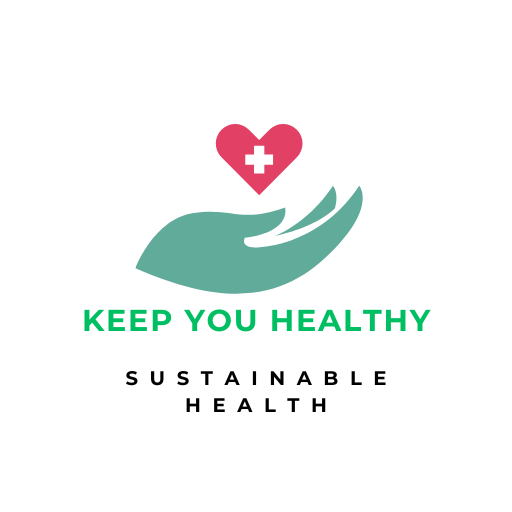Introduction
Vitamin D, often overlooked in the world of wellness, could be the missing piece to feeling truly alive. For many, including myself, it’s more than just a nutrient—it’s a health game-changer. Once I discovered how low vitamin D levels were affecting me, everything changed: my energy, my mood, even my immune system. If you’re feeling tired, moody, or constantly under the weather, read on. This might be the wake-up call your body needs.

What Is Vitamin D and Why Is It So Important?
Vitamin D is a fat-soluble vitamin that acts more like a hormone in your body. It helps with:
- Absorbing calcium for strong bones
- Supporting immune function
- Balancing mood and energy levels
- Reducing inflammation
- Enhancing muscle strength
Unlike most vitamins, your body can make vitamin D through sunlight exposure, earning it the nickname “the sunshine vitamin.”
Symptoms of Vitamin D Deficiency
Vitamin D deficiency is a silent epidemic. You might not even know you’re deficient until it seriously impacts your health. Common symptoms include:
- Constant fatigue and low energy
- Depression or mood swings
- Frequent colds and flu
- Muscle weakness and joint pain
- Hair loss
- Slow wound healing
I personally felt like I was dragging myself through every day until I discovered my vitamin D levels were far below normal.

Who’s at Risk of Deficiency?
You’re more likely to have low vitamin D if:
- You live in a place with long winters or little sunlight
- You have darker skin (more melanin reduces vitamin D synthesis)
- You’re over 50
- You spend most of your time indoors or wear sunscreen regularly
- You’re overweight (vitamin D gets trapped in fat cells)
- You follow a vegan diet (few plant-based sources of D)
Even people in sunny climates can be deficient due to lifestyle and diet.
How to Get More Vitamin D
Let’s talk about how to raise your vitamin D levels naturally and effectively.
1. Sunlight Exposure
Spending 10–30 minutes in the midday sun several times a week can help your body produce vitamin D. Expose arms, legs, or back (without sunscreen for a short period), but always avoid sunburn.
2. Eat Vitamin D-Rich Foods
While sunlight is the best source, food can also help:
- Fatty fish (salmon, tuna, mackerel)
- Cod liver oil
- Egg yolks
- Fortified foods (milk, orange juice, cereal)
3. Take a Supplement
For many, supplements are necessary—especially in winter. Look for vitamin D3 (cholecalciferol), which is more effective than D2. Most adults benefit from 1,000–2,000 IU per day, but check with your doctor for personalized dosing.

The Health Benefits I Noticed After Fixing My Vitamin D Levels
After just a few months of raising my vitamin D, the changes were undeniable:
- Better sleep and more energy during the day
- Fewer colds and sick days
- Improved mood and less anxiety
- Stronger bones and less joint pain
- A noticeable boost in overall well-being
I didn’t even realize how much I was struggling until I felt better. The difference was life-changing.
Should You Get Your Vitamin D Tested?
Absolutely! A simple blood test called 25(OH)D can reveal your levels. Here’s how to interpret the results:
- Below 20 ng/mL – Deficient
- 20–29 ng/mL – Insufficient
- 30–50 ng/mL – Sufficient (optimal range)
- Over 100 ng/mL – May be too high (risk of toxicity)
If you’re deficient, your doctor may recommend a high-dose supplement for a short period before switching to a maintenance dose.
Can You Take Too Much Vitamin D?
Yes. Vitamin D is fat-soluble, so it can build up in the body. Overdosing can lead to high calcium levels (hypercalcemia), causing:
- Nausea and vomiting
- Kidney problems
- Weakness
- Confusion
Stick to your doctor’s recommendation and don’t megadose unless instructed.

Final Thoughts: Don’t Ignore the Power of Vitamin D
Vitamin D might not get as much attention as other nutrients, but its impact on your health is profound. It was the missing puzzle piece in my own wellness journey, and it could be in yours too.
If you’re tired, moody, or feel like something is off, don’t just push through it. Get tested. Get answers. And give your body the sunshine it’s craving.
Quick Recap: How to Boost Your Vitamin D Naturally
- Spend time in the sun—safely and regularly
- Eat fatty fish, egg yolks, and fortified foods
- Take a D3 supplement if needed
- Get your levels tested and monitor progress


